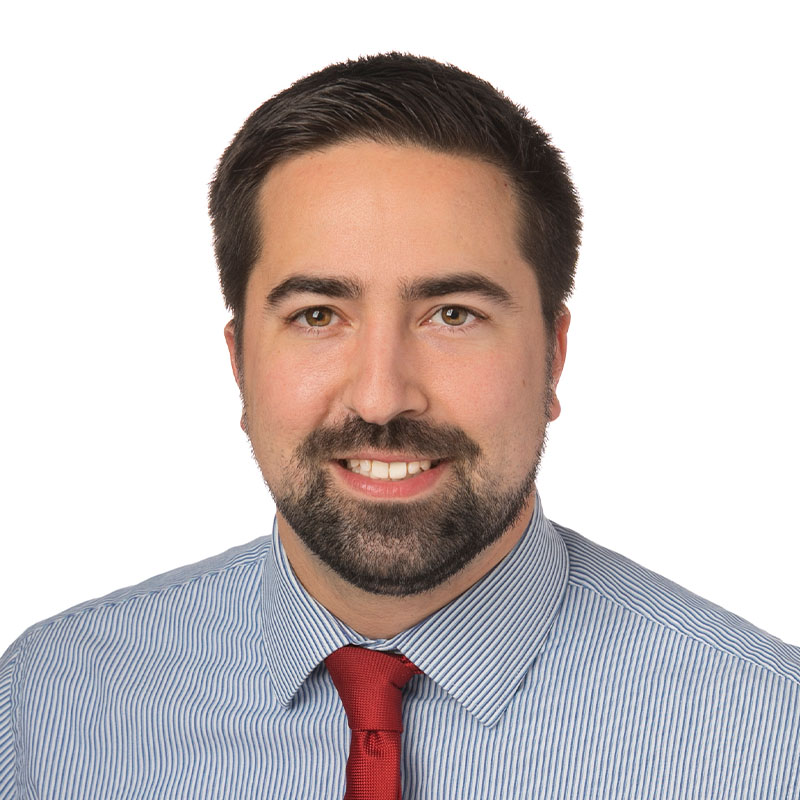Weekly Reflection
I originally came up with this document when I was creating curriculum for an Academic Advisory course. It is based around a famous quote from John Dewey: “We do not learn from experiences… we learn from reflecting on experience”. To this day I use the first page of the document when I go over a test with my entire class. For AP courses this allows students to reflect on the content they missed and prevent them from making the same mistake twice.
To use this as a weekly guide I would hand the entire document out at the end of the week and allow them time to complete the reflection.
To use this document for test reflection I would pass out only the first page of the weekly reflection. After you pass back the graded tests allow students time to answer question one: “List your grade and percentage. Are you surprised? Content?” and question two: “If you were not pleased with your grade what could have done differently? / What should you keep doing to continue this level of performance?”
Then, while you are going over the test question by question have complete the third task: “List the concepts you missed.”

